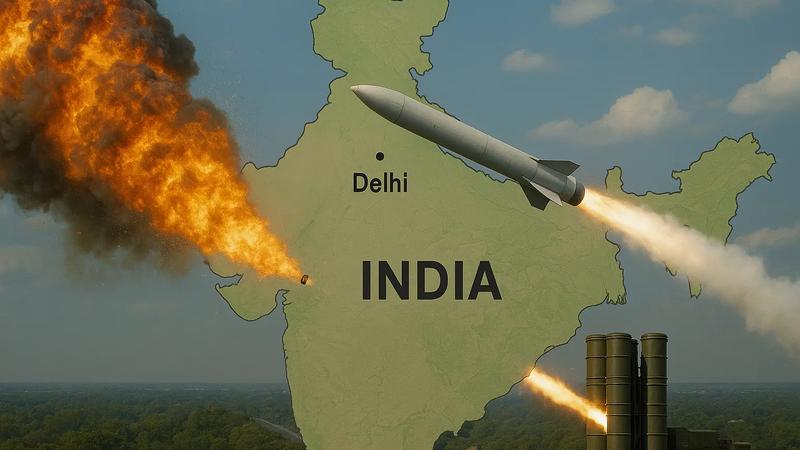Missile Tensions Rise as India Intercepts Fatah-II Fired from Pakistan

In a shocking turn of events early Saturday morning, India successfully intercepted and destroyed a Fatah-II missile reportedly launched by Pakistan toward its capital, Delhi. The missile was neutralized near Sirsa, Haryana, averting a potentially catastrophic strike on one of the world’s most densely populated cities.
The Fatah-II, a surface-to-surface missile with an estimated range of 400 km, is capable of precision targeting. Its use in this instance—allegedly aimed at a civilian hub—marks a deeply concerning escalation in South Asia's already fragile security environment.
While the successful interception prevented loss of life and infrastructure damage, it does not erase the seriousness of the act. A direct missile strike on a major urban center could have triggered an overwhelming military retaliation and escalated into a full-scale regional conflict, with nuclear overtones.
India, for its part, responded with composure, reinforcing its commitment to regional stability. New Delhi has long maintained a doctrine of strategic restraint, but such acts of aggression severely test that posture.
This alarming incident raises urgent questions about decision-making within Pakistan’s military and political leadership. The international community must take note: such provocations risk destabilizing an entire region and must be condemned in no uncertain terms.
Peace in South Asia cannot hinge on the success of missile defense systems. Diplomacy, restraint, and accountability are imperative. The world cannot afford to look away.